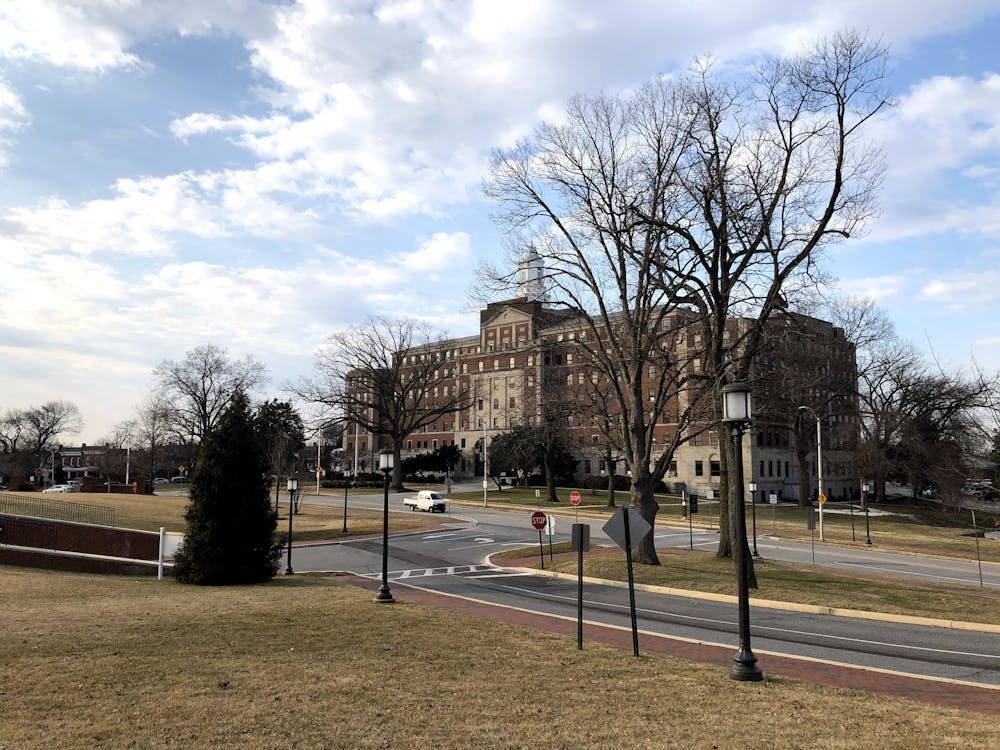The University announced on June 16 that it will designate $10 million in funding in the form of grants to students across the University to help offset the financial impacts of the COVID-19 pandemic.
The University estimates that these grants will be released to around 12,000 undergraduate and graduate students. This assistance is the result of the federal government’s extension of over $76 million in aid to universities and colleges across the country to help respond to financial hardships caused by the pandemic.
Previously, the University designated $13.1 million to 2,600 students in institutional financial aid to alleviate unexpected changes due to the pandemic as well as $2.5 million in emergency grants and aid.
The email announcement, sent by University President Ronald J. Daniels and Provost and Senior Vice President for Academic Affairs Sunil Kumar, emphasized the University’s goal to help students through burdens imposed by the pandemic.
“We are determined to make sure these difficulties do not prevent students from meeting their goals or continuing to make academic progress safely during the pandemic,” they wrote. “You have done so much to pursue your work while advancing Johns Hopkins’ mission and keeping yourselves and others safe, and we remain committed to supporting you during these difficult times.”
All PhD and MD students enrolled in spring 2021 are eligible for a $1,000 grant, all full-time residential master’s students enrolled in spring 2021 are eligible for a $500 grant and undergraduate students with an estimated family contribution of less than $22,100 who received need-based financial aid in fall 2021 are eligible for a $1,000 grant.
The Office of Financial Aid began notifying eligible students on June 16. All eligible students must attest that the pandemic financially affected them. The funds are additional aid to complement other stipends, grants and awards.
Senior Jordan Adams was glad to receive funds to assist with the cost of living but questioned why master’s students will receive less funding than undergraduate or PhD and MD students.
“I’m glad Hopkins is giving more funds. It will definitely help me with my cost of living since I’ve had a rent increase,” he said in an interview with The News-Letter. “I wonder why master’s students are only eligible for half of what PhD, MD and eligible undergraduate students receive. I read The News-Letter’s article published in March about the University’s mistreatment toward graduate students and it seems that that same lack of regard continues.”
As Adams noted, the University has faced criticism for failing to adequately support graduate students financially during the pandemic.
In an email to The News-Letter, Peter Weck, head of the communications team for the independent graduate student union Teachers and Researchers United (TRU), expressed appreciation for the assistance but critical of the time it took for it to be granted to students.
“We are glad to see new relief for grad workers, because the money is sorely needed by some of us,” he wrote. “It should not have taken [15] months and millions of dollars in [f]ederal relief for grad workers to see some direct financial support.”
In an email to members that was shared with The News-Letter, the organizing committee of TRU noted how aid could have been distributed sooner.
“Disbursement of the new funds via simple attestation also demonstrates how easy it would have been for the University to go ahead and provide the universal relief grad workers have been asking for since our first petition in March last year,” they wrote. “Instead it has taken a year of campaigning — op-eds, testimonials, protests — to at least win 200-300 dissertation completion fellowships.”
Laura Wadsten contributed reporting to this article.

















